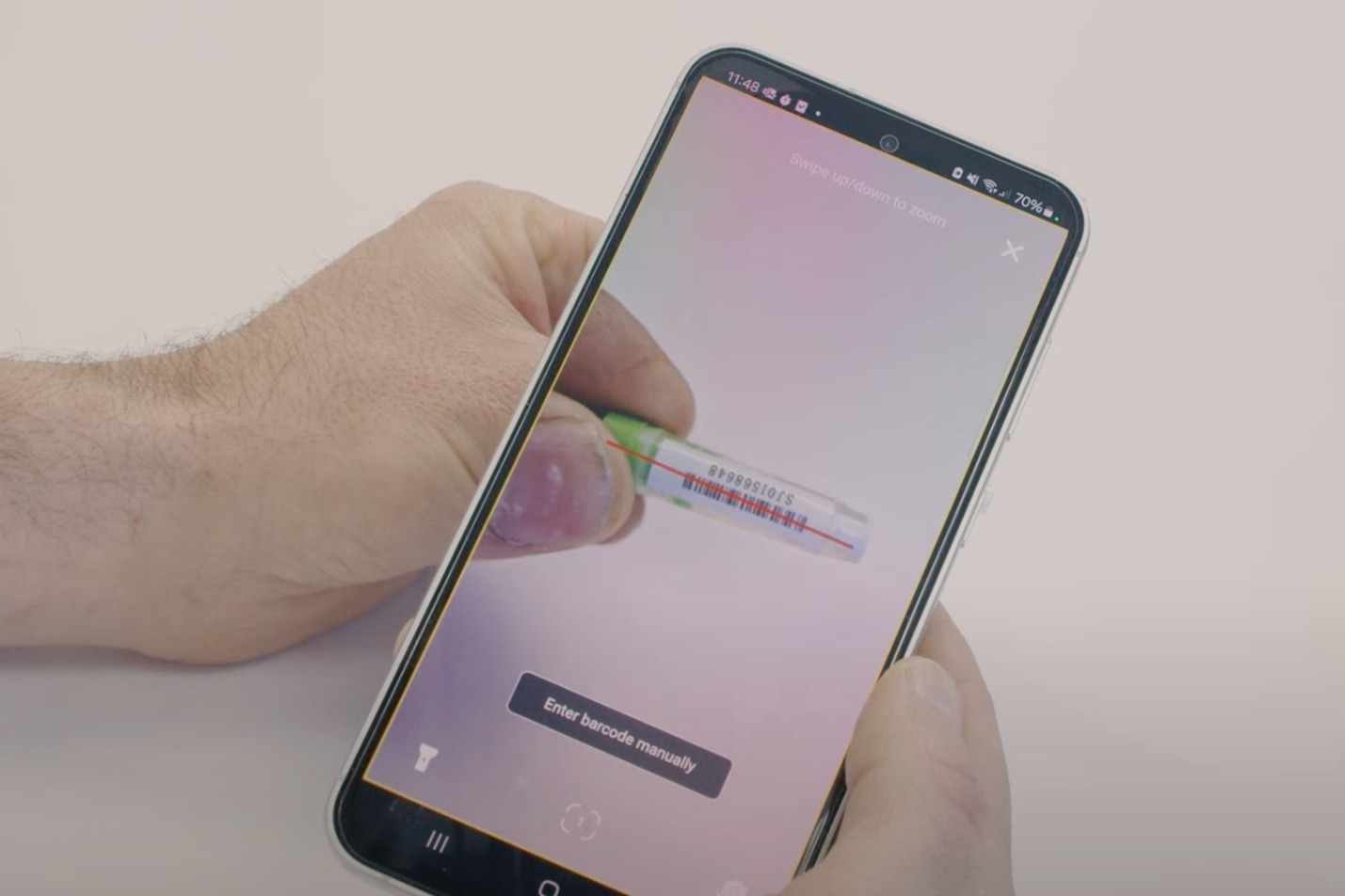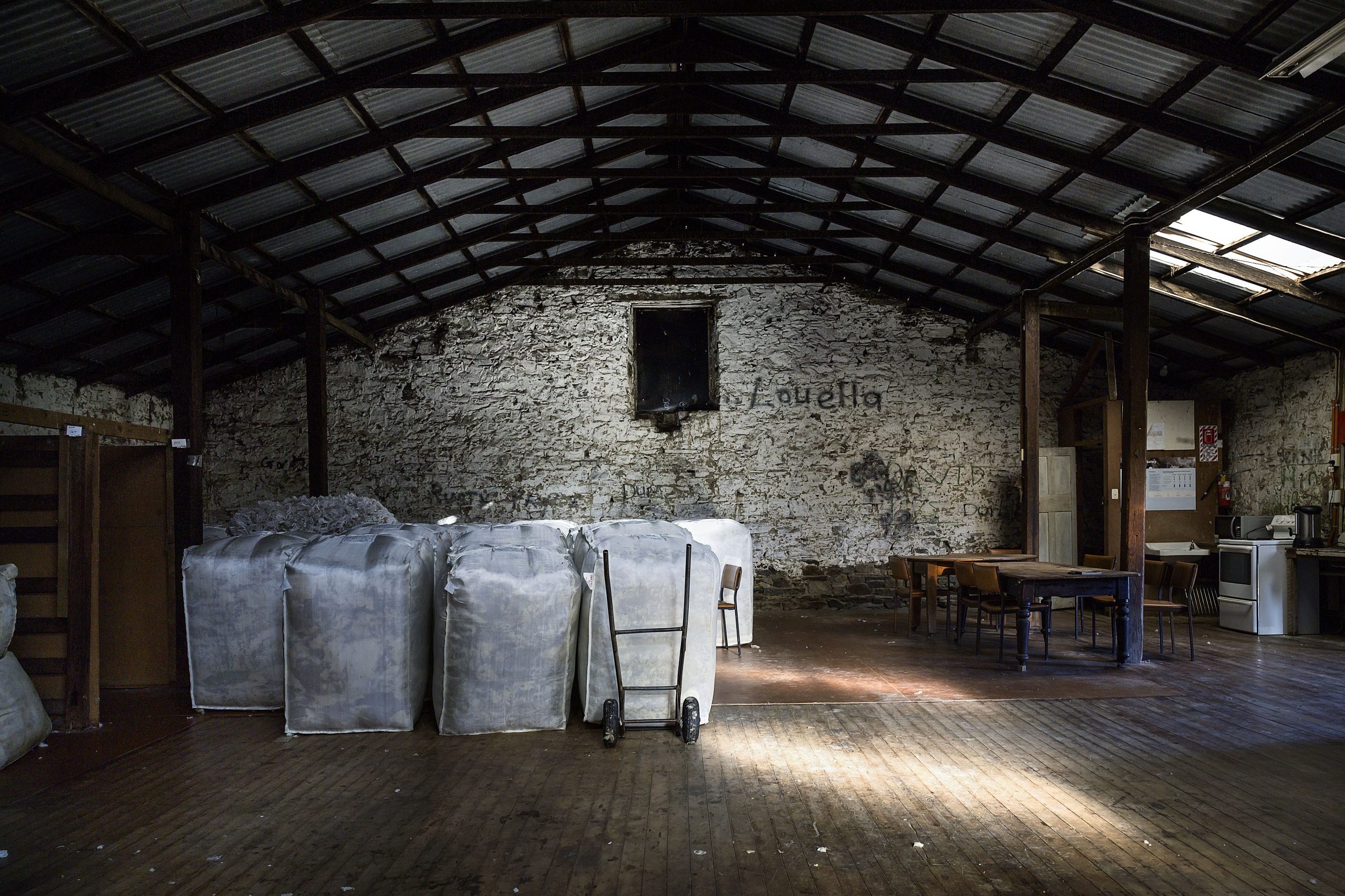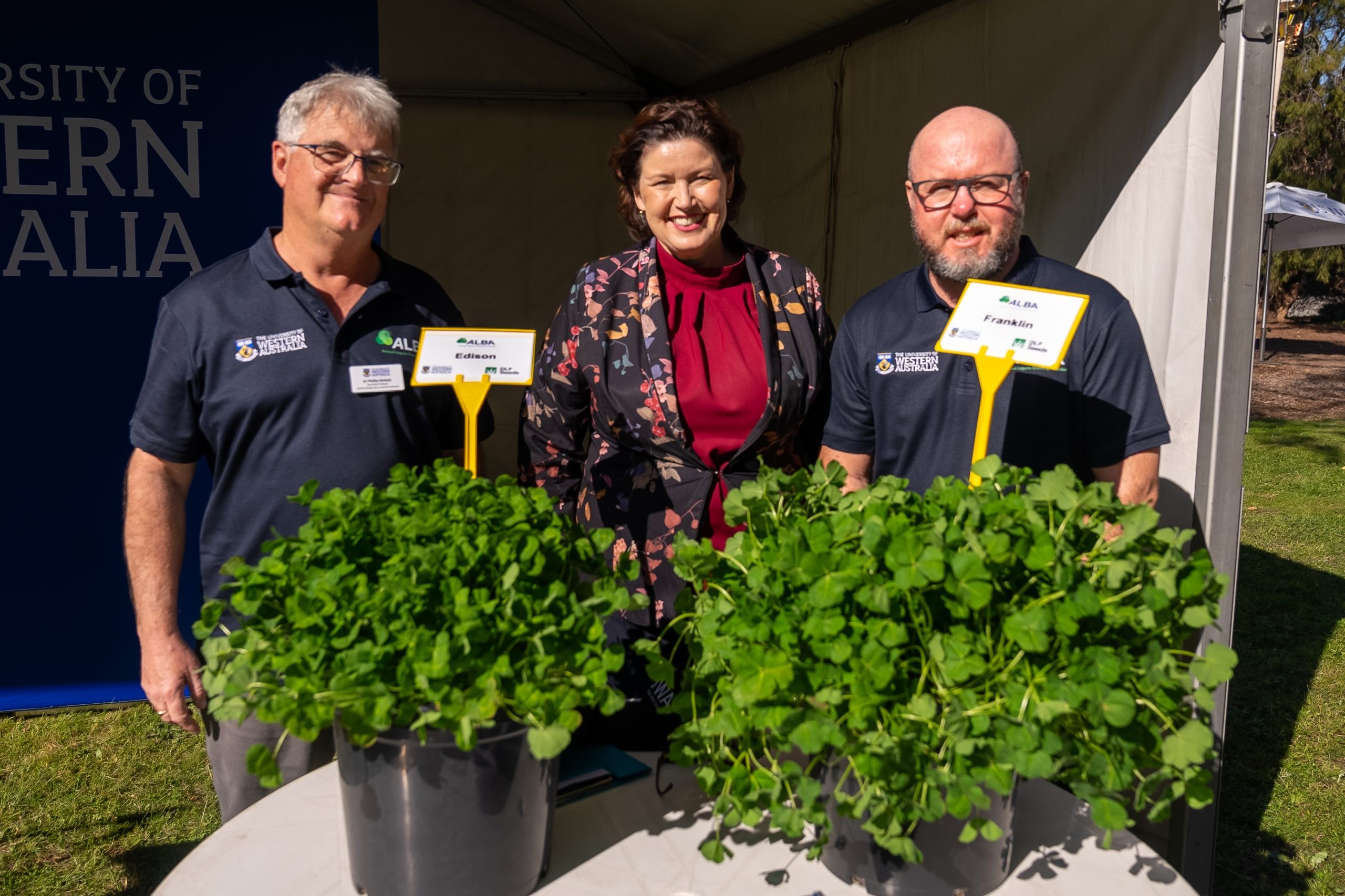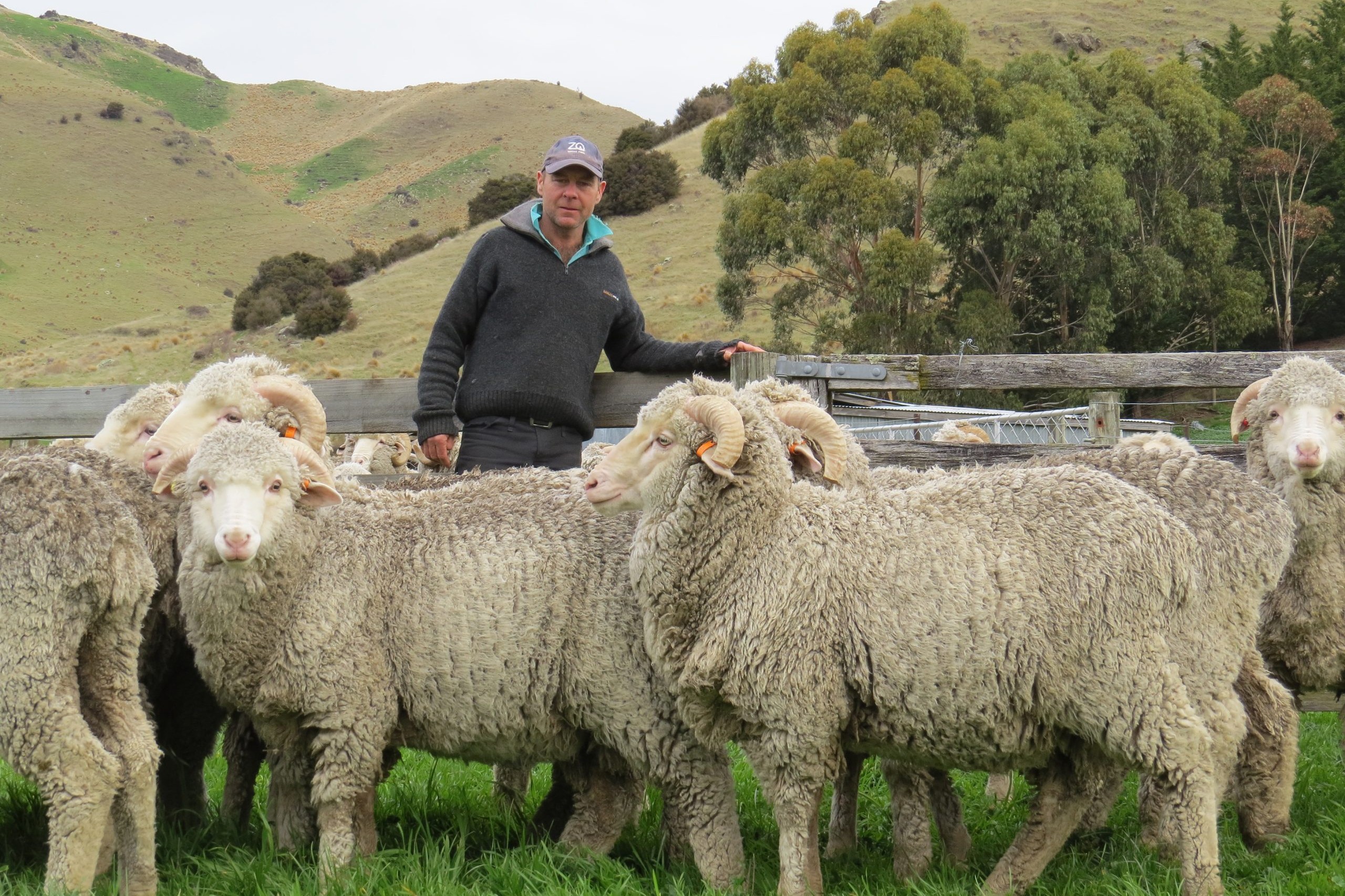Proud as punch of the TotoPunch
The breakthrough of low-cost DNA parentage data across commercial flocks is here thanks to some Kiwi No. 8 wire innovation, based on modified fencing pliers and designed by a geneticist who grew up with Merino. Words Sarah Perriam-Lampp, Photo Sharron Bennett.

Totogen, a Dunedin-based business co-founded by Dr Tim Hore and Andy Ramsden in 2021, is set to provide low-cost analysis of sheep DNA as it launches the TotoPunch this season.
The TotoPunch is based on United Kingdom-designed fencing pliers, which were then modified as an ear punch, to simply and robustly collect a DNA ear tissue sample into a bar-coded collection tube fixed to the punch. The barcode can be scanned by a wand and added to the record of the animal. If not, a smartphone could be used to read the barcodes with the OrcaScan app and input the data, which is automatically uploaded to the cloud.
The aim is to bring the cost of collection down, meaning a lot more farmers will be able to receive the benefit of DNA parentage technology for improved genetic gain in commercial flocks.
“Where farming’s heading we can no longer increase hoof numbers on farms. We’ve got to get more efficient with the animal that we’ve got, and the one thing we don’t have is information on all our individual ewes on commercial farms,” Totogen co-founder Andy Ramsden explains.
Ramsden has been a pioneer in sheep genetics, formerly with Focus Genetics and Headwaters, and says that to lift productivity, we need to get information on more individual sheep so that we can better select our higher-performing, more efficient breeding ewes. Dr Tim Hore’s academic research lies on the intersection between epigenetics and development, an area in which he has established an international reputation, including his work on Covid-19 testing.
He grew up on a sheep and beef farm on the Maniototo in Otago and his brother and sister-in-law, Ben and Vanessa Hore, run Merino sheep on Blackstone Hill Station.
Tim and Ben realised how valuable it would be to have DNA data available across the commercial flock, but also knew that the cost from existing suppliers was prohibitive, even if just to provide parentage data. Tim, along with his wife Dr Donna Bond (also a molecular biologist), brought their research skills to bear and developed a genetic testing methodology that dramatically reduces cost. In summer 2022, Totogen happily processed the first samples from Blackstone Hill.
Tim says that while some were familiar with DNA technology, others were doing it for the first time, with farmers taking it up for various reasons – studs looking to create pedigrees and breeding values, others wanting to know more about how well their sheep were performing.
The last year has been about validating the technology — getting it out and working in the field in a diverse set of commercial circumstances with thousands of samples a day being taken in the yards, which Tim is proud as punch about.
Totogen processed four times the amount of samples that it did last year and is looking to double year-on-year, as the business continues to grow.




